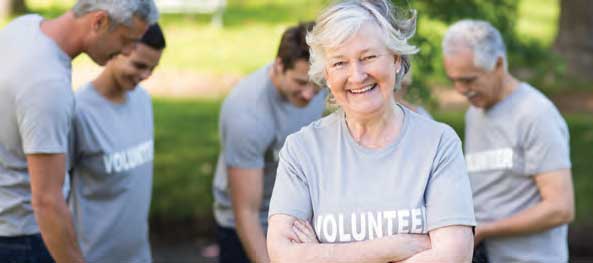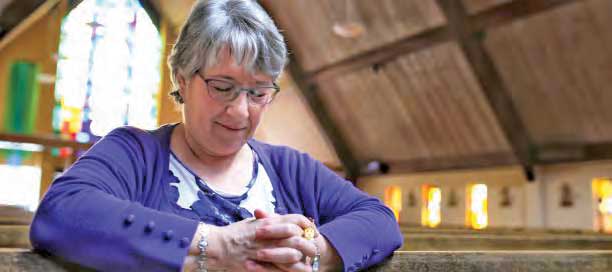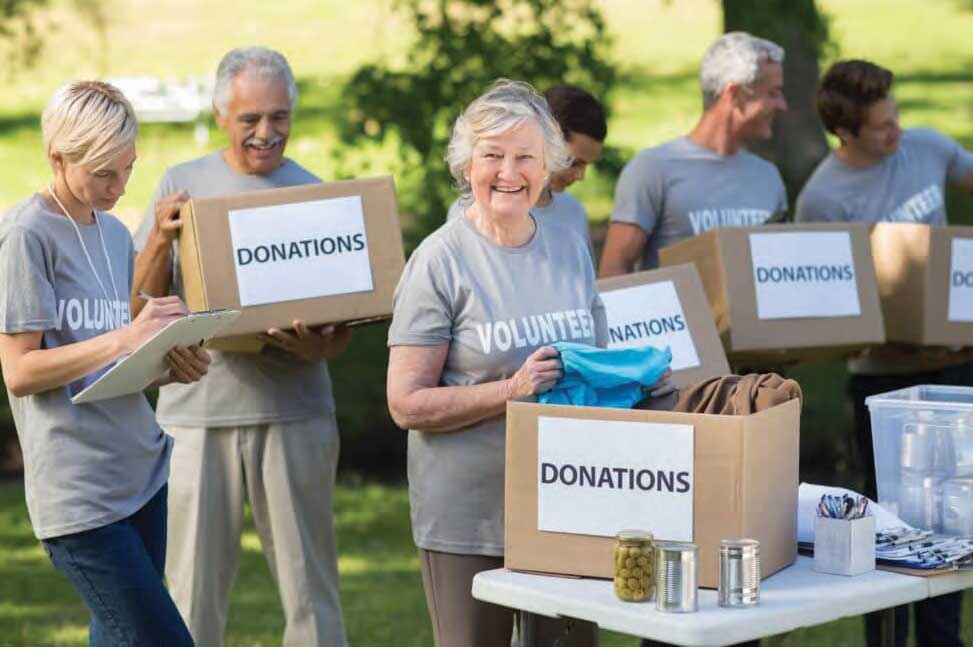Reflections by Maxie Dunnam
A person’s actions show you what their words won’t.

As a child, a term I heard often from a teacher or my Momma was, “Now pay attention.” That’s a term we need to hear and pay attention to throughout life.
OK? Now pay attention to these words from the French spiritual writer, Simone Weil. “Those who are happy have no need for anything in the world but people capable of giving them their attention. The capacity to give one’s attention to a sufferer is a very rare and difficult thing; it is almost a miracle; it is a miracle.”
Time and attention go together. But the truth is we can give people our time without giving them our attention. In his gospel, Mark tells a story which instructs us here.
A man with leprosy came to Him and begged Him on his knees, “If You are willing, You can make me clean.”
Jesus was indignant. He reached out His hand and touched the man. “I am willing,” He said. “Be clean!” 42 Immediately the leprosy left him and he was cleansed. (Mark l:40-42)
No wonder Mark put this in the first part of his gospel! The leper said to Jesus, “If you are willing, you can make me clean” Packed into one beautiful sentence is almost everything Jesus was, and what he was about. “Jesus was filled with pity for him, and stretched out His hand and placed it on the leper, saying, ‘Of course I want to – be clean!’” (Mark 1:41, Phillips) That tells it all.
Jesus listened to the leper. Is there anything that enhances our feelings of worth more than being listened to? When you listen to me, you say to me, “I value you. You are important. I will hear what you have to say.”
Jesus looked at him. He gave the leper His attention.
Jesus not only listened and looked; He touched the leper. To be generous with our attention, we cannot remain aloof; we must deliberately reach out, touch, and become involved.
When I give attention by looking, listening, and touching; the Spirit comes alive in relationship. When I listen and look with mind and heart, revelation comes; the gap between the other person and myself is bridged. A sensitivity comes that is not my own. I feel the pain, frustration, and anguish of the other. Beyond myself and my own resources, I become an instrument of miracle-working love. Healing, comfort, reconciliation, strength, and guidance come to others when we generously give them our attention by looking, listening, and touching.
Pay attention to people that care.
Who are always there.
Who want better for you.
They’re your people.
-Maxie Dunnam
















 © 2025 Kirby Pines LifeCare Community. All Rights Reserved |
© 2025 Kirby Pines LifeCare Community. All Rights Reserved | 